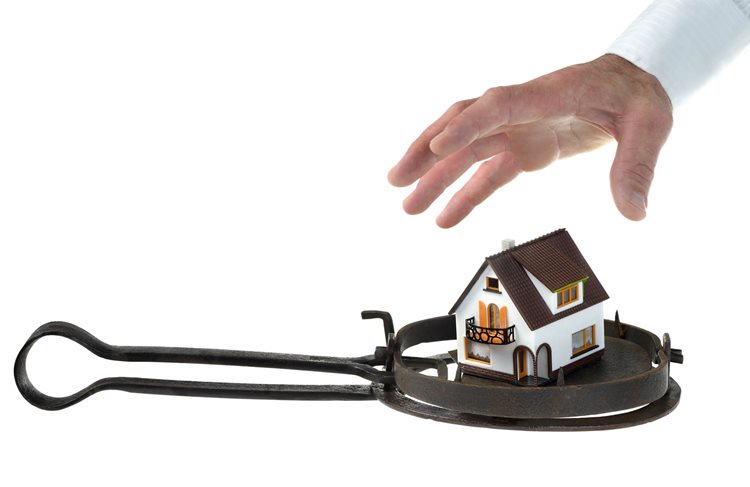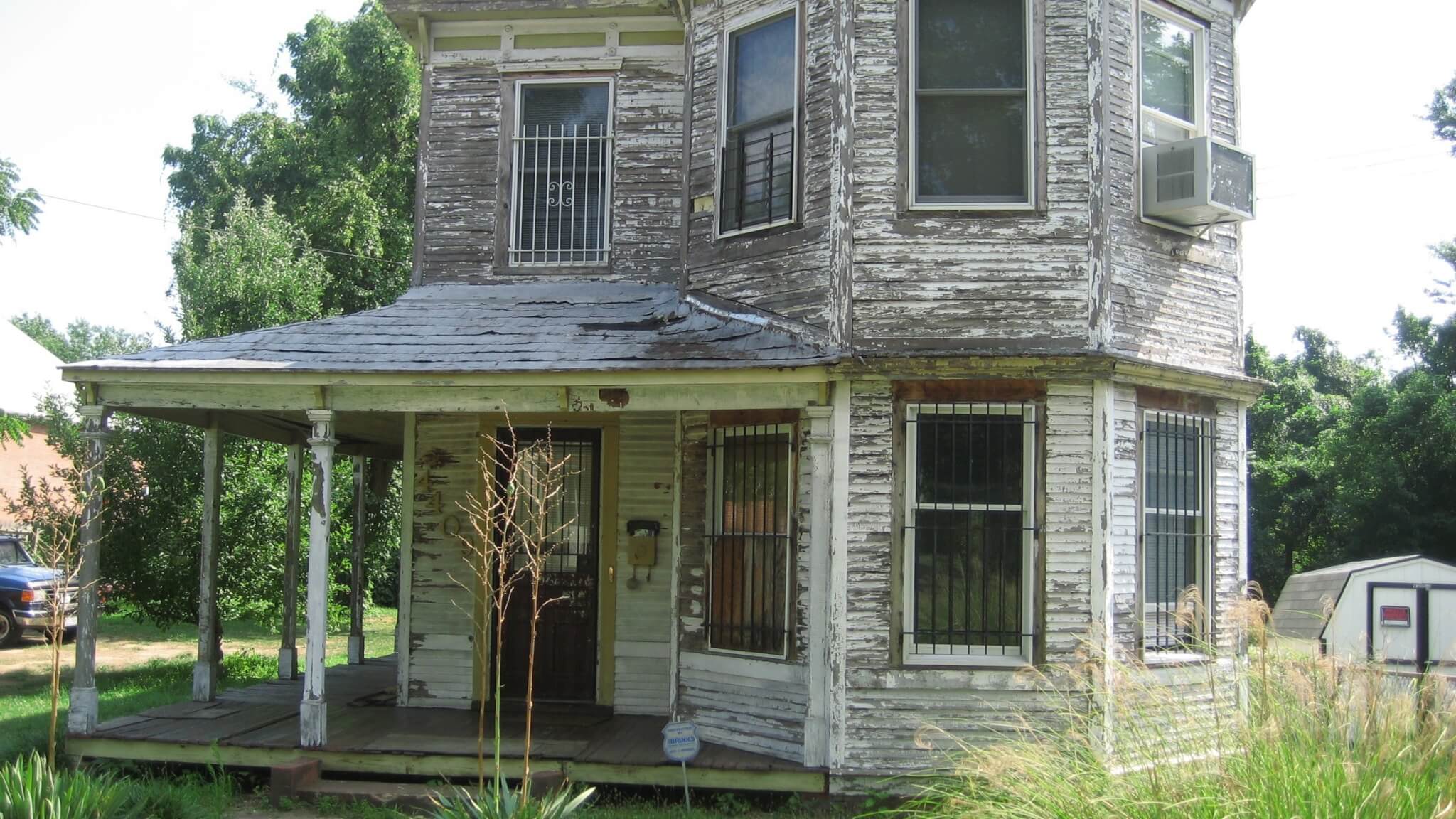
Be cautious of unsolicited offers.
Unfortunately, real estate scams are becoming more and more common when trying to sell a house. According to Janet Robb, President and CEO of the Better Business Bureau, sometimes offers come unsolicited or even before you’ve put your house up for sale. These offers can seem appealing, especially when they’re above market value, but more likely than not, there are strings attached when it seems too good to be true. However, if you’re diligent and know what to look for, avoiding real estate scams can be easy.
Learn how to spot the red flags.
The first step in learning how to spot possible scams or even real estate fraud is to understand what kind of housing scams are the most popular.
A very common scam can come from any type of buyer—a person pretending to be a real estate agent, someone who represents themselves as an investor, or even someone who claims to have potential buyers lined up who are interested in your house and are willing to pay top dollar for it.
They get you excited about the prospect of selling your house and ask you to pay an administrative fee or money to pay taxes upfront before they can complete the sale. When you pay the fee, they disappear and pocket your money.
In another popular scam, the buyer sends you a check for more than the price you agreed on for the sale. Then they ask you to wire back the difference. For example, let’s say you’ve agreed to sell your home for $90,000. The “buyer” will send you a check for $95,000 and explain that there was some type of clerical error and ask you to send them $5,000 back. You wire them the money and then their fake check never clears the bank and you’re out $5,000. Not to mention you’re still at square one with selling your house.
A prevalent type of real estate fraud is more focused on the wire transfer portion of the sale. Some scammers email the seller posing as someone involved in the sale, like the real estate agent. They even make an email address that is almost identical to the agent’s and ask you to wire over the closing costs or other funds before the actual closing date. To avoid this type of real estate fraud, always contact the person you’re working with directly when last-minute changes are requested, especially when it comes to transferring money.
Another tactic used by scammers is to keep changing the minute details of their contract. They make a small, acceptable change and have you sign it. Then they change it again and again. The more you sign, the less you read the entire contract. After a while, you could be signing to major changes without realizing it.
Tips on how to avoid scams
There are many ways you can protect yourself by doing your due diligence when selling a house.
- Check out the person you’re working with, including their website, Google Business Profile, reviews, and if they’re accredited by the Better Business Bureau.
- Verify that they have an actual physical address for their business. That’s a hard thing to fake for real estate scammers.
- Look out for unreasonable behavior from the buyer—in a rush to close the deal, pushing you to sign a contract, unwillingness to answer questions, difficult to contact, hesitant to have a third party look at the paperwork, etc.
- You should always receive the money for the sale, or have the title agent or escrow officer verify the funds, before you sign over the deed.
- If there are fees involved (which is possible with some cash home buyers and real estate agent commissions), they shouldn’t be paid upfront even if they seem reasonable or affordable.
- There shouldn’t be any “hidden fees” that pop up after you’ve signed a contract.
- Even though most iBuyers mainly use digital communication, you should still meet someone in person before the closing.
- Don’t sign over the deed until closing. The buyer shouldn’t get ownership of the house until you receive the money for the sale.
- Don’t give bank information online or through email.
Know how real cash buyers work.
A great way to protect yourself from cash-for-houses scams is to understand how real cash home buyers operate. Here are the steps that a legitimate cash home buyer will take:
- You initiate contact with them and provide information about the house you wish to sell.
- They will schedule an in-person visit to assess the home and make an offer based on the condition of the house and the current real estate market. Typically, this offer will be made in a few days.
- They provide you with a window for a closing date, taking into consideration your needs and timeline. There shouldn’t be any pressure to sign the contract or to close faster than you want to.
- The contract should clearly state the terms and be understood by all parties.
- The closing should go smoothly, and financing should be in place before the closing.
If the process doesn’t include these general steps, you should be cautious. Buyers should want to see your house before purchasing it and be willing to meet you in person.
There’s only one We Buy Ugly Houses®.
Signs on the side of the road that say “We buy houses” may be from legitimate companies, but they aren’t from We Buy Ugly Houses. “We buy houses” signs are trying to use a version of the We Buy Ugly Houses® brand name to get you to think you’re working with us. Be sure to verify you’re contacting We Buy Ugly Houses by using our online form or calling 866-200-6475.
If you’re interested in selling your house fast for cash, We Buy Ugly Houses is a trusted company with over 29 years of experience. We’ve purchased over 150,000 houses and have a 95%* customer satisfaction rate. To learn more about how to get a fair cash offer, contact us today!














